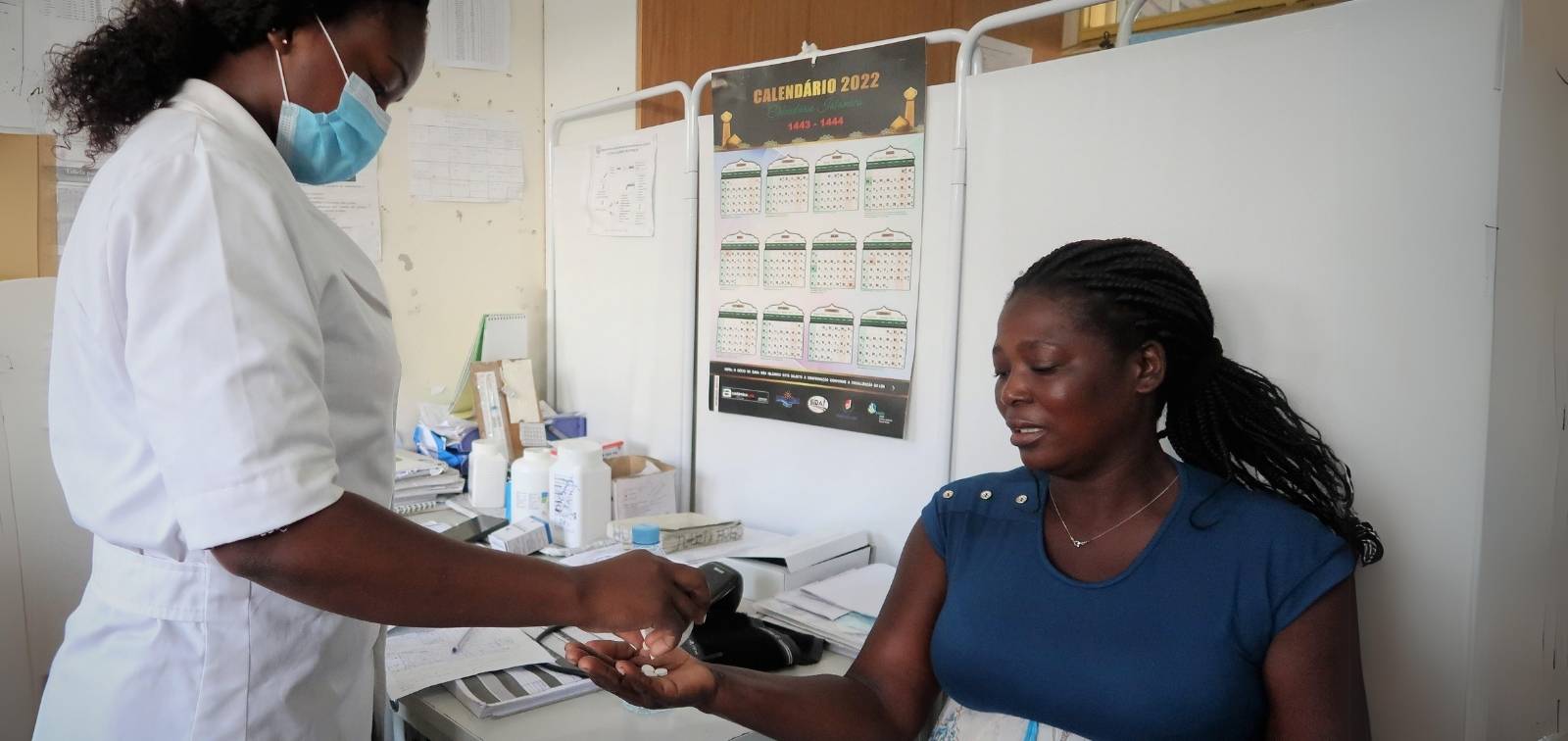Updating the Evidence on Drugs to Prevent Malaria in HIV-Positive Pregnant Women
A Cochrane review led by ISGlobal researchers updates the evidence on interventions for malaria and HIV during pregnancy
07.10.2024
In a recently published Cochrane review, ISGlobal researchers update the research evidence on interventions for preventing malaria in HIV-positive pregnant women. The review, conducted with a methodology that aims to minimise bias and inform decision making, suggests that dihydroartemisinin/piperaquine is efficacious, does not increase the risk of mother to child HIV transmission, and is well tolerated.
In sub-Saharan Africa, malaria and HIV infections frequently occur together, posing serious risks for pregnant women. HIV not only exacerbates malaria symptoms, but it also prevents HIV-positive women from safely taking the recommended drugs to prevent malaria during pregnancy due to harmful drug interactions. “Daily prophylaxis with the antibiotic cotrimoxazole, which prevents opportunistic infections in people with HIV, is incompatible with the recommended intermittent treatment with the antimalarial drugs sulfadoxine-pyrimethamine,” says Raquel González, ISGlobal associated researcher. This means that malaria prevention in pregnant women who are HIV-positive relies only on cotrimoxazole, leaving them extremely exposed to the disease.
A systematic review and meta-analysis of 14 clinical trials
Here, González and other experts assessed the available evidence on the safety and efficacy of alternative treatments for malaria prevention in HIV-positive pregnant women. The systematic review included 14 clinical trials conducted between 2002 and 2023 in 11 sub-Saharan countries. The trials involved a total of 4,976 HIV‐positive pregnant women who were randomized to receive – or not- the different treatments being tested.
By analysing pooled data from the different clinical trials, the authors conclude that adding the antimalarial drugs mefloquine or dihydroartemisinin/piperaquine to the daily cotrimoxazole treatment probably reduces the risk of malaria infection in the mother’s blood and placenta at the time of delivery, and does not seem to increase the risk of losing the baby or of the baby having low birthweight. The problem with mefloquine, however, is that it may increase the risk of mother to child transmission of HIV and may have more negative drug-related effects when compared to cotrimoxazole alone. In contrast, dihydroartemisinin/piperaquine does not seem to increase the risk of HIV mother‐to‐child transmission and is well tolerated.
“The evidence suggests that dihydroartemisinin/piperaquine is an adequate drug for preventing malaria in HIV-positive pregnant women who are taking a daily dose of cotrimoxazole,” says Clara Pons-Duran, first author of the review.
“We now need to evaluate the costs and benefits of implementing this strategy as well as the possibility that the parasite develops resistance against the drug combination,” says González. The authors stress the need to conduct studies in regions with different malaria transmission intensities and seasonality to guide and tailor recommendations for malaria prevention in women with HIV.
For more information, listen to Raquel González and Clara Pons as they explain the review’s relevance and findings in this podcast.
Reference
Pons-Duran C, Wassenaar MJ Yovo KE, Marín-Carballo C, Briand V, González R. Intermittent preventive treatment regimens for malaria in HIV‐positive pregnant women. 2024. Sept 26, doi: 10.1002/14651858.CD006689.pub3



